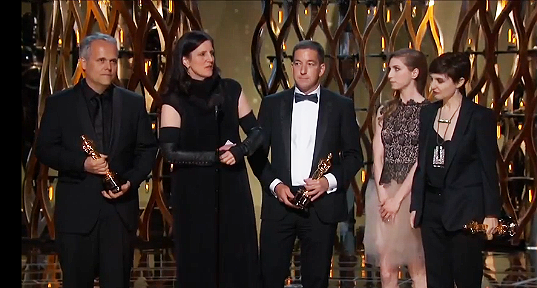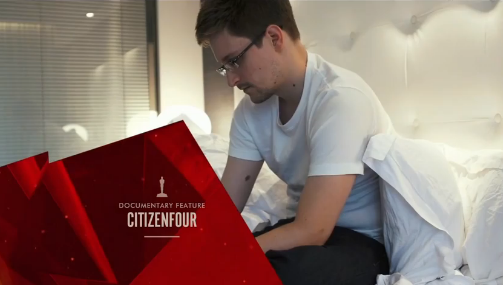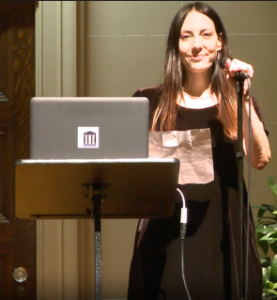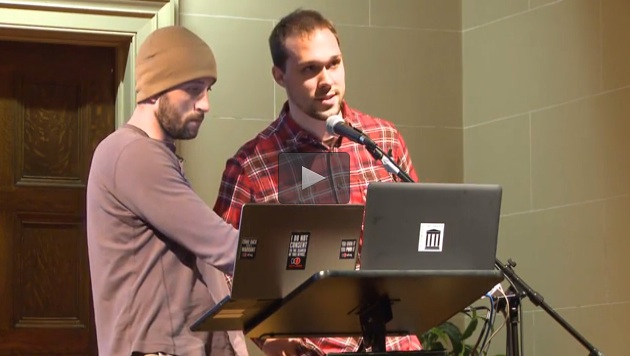SecureDrop Leak Tool Produces a Massive Trove of Prison Docs
by Andy Greenberg for Wired, November 11, 2015
This is really exciting, and what great timing!
The whole purpose of last weekend’s event was to get the word out about SecureDrop‘s usefulness to the common man, and yet I couldn’t point directly to an example of it in action.
Then, low and behold, when I woke up yesterday afternoon (heh, been a long week), I could not believe my eyes! A real world, shining example of SecureDrop in action. A hacker obtained over 70 million phone records that exposed some first class corruption: exploiting those who are already underprivileged and underserved in the community. In this case, prisoners and their families, which often barely have enough money for the essentials.
I’ll be posting a summary of The Intercept article that fully explains what the hack, and subsequent anonymous upload, exposed, shortly. It’s a little complicated, and therefore took me a minute to be able to summarize it – but it will be up soon… :-)
From the article:
“It’s been more than two years since the debut of SecureDrop, a piece of software designed to help whistleblowers easily and anonymously leak secrets to media outlets over the Tor anonymity network. Now, that system is finally bearing fruit, in the form of a massive dump of files from one of the country’s largest prison phone companies…”
“Just as significant as those revelations, perhaps, is how the Intercept obtained the documents that enabled them: The news site has confirmed that it first made contact with the anonymous source who provided the Securus files through the Intercept’s SecureDrop platform, starting with an initial sample of the Securus database uploaded around the beginning of 2015.
That Tor-enabled leak marks a landmark for a still-evolving form of journalism that takes a page out of the playbook invented by WikiLeaks: Like Julian Assange’s secret-spilling organization, SecureDrop allows anyone to run a cryptographically anonymous submission system for leaks and tips. Because that upload site runs as a Tor “hidden service,” anyone who visits has to run Tor too, making it very difficult for anyone to trace his or her location or identity—even the news outlet on the receiving end.
The Intercept’s lead security technologist—and a co-author of the Securus story—Micah Lee says SecureDrop’s benefit isn’t just anonymity, it’s ease of use. Instead of carefully using Tor to create an anonymous email address and figuring out how to encrypt email so that service can’t read their leaked secrets, sources can upload their leak or message using SecureDrop in seconds.
Lee says that this is far from the first time the Intercept has received useful leaks through the SecureDrop system. But the Securus revelations represent the first story of national significance where a news outlet has publicly revealed that the story’s source used SecureDrop anonymous submissions.
“We use SecureDrop on a regular basis, but this story is a little exceptional because we decided it was safe for us to mention that it came from SecureDrop,” Lee says. “This is exactly why we decided to run SecureDrop: to get juicy stories like this and do it in a way where we protect our sources.”





